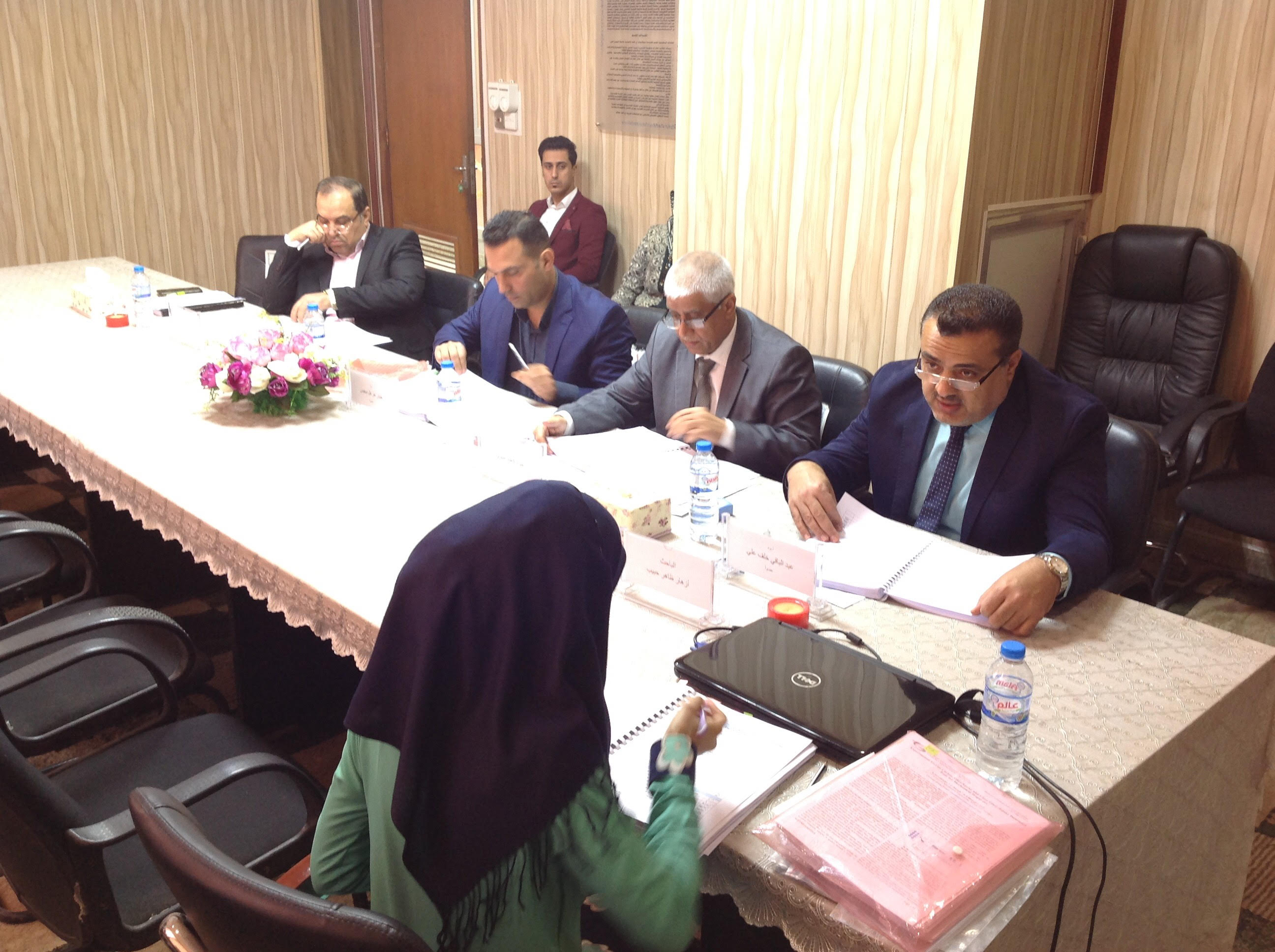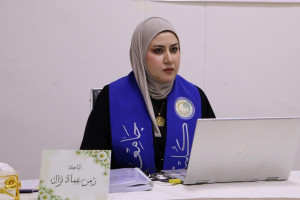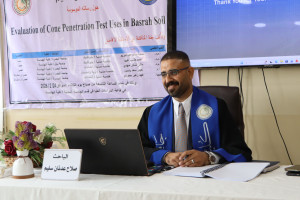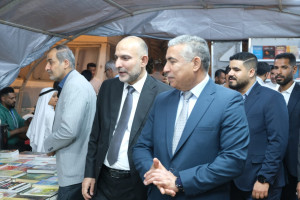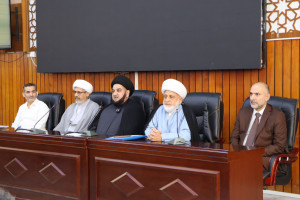
A master's thesis at the College of Engineering at the University of Basrah for a graduate student (MSc) Azhar Zahir Habib examined an adaptive fuzzy neural network model for predicting the mechanical properties of carbon-Epowski fibers. Where the thesis dealt with a scientific and theoretical study of the effect of prestressing and processing temperature on each of the impact energy, fracture strength, tensile strength, tensile elastic modulus, bending resistance and bending elastic modulus of carbon fiber composite. Leftovers are useful for this purpose
Habib mentioned: Designing and building a fuzzy neural network model to predict the shock, tensile and bending properties of an epoxy carbon fiber composite.
Where it was found that the best organic functions to represent the impact strength are 3 organic functions of the trapezoidal form, and 4 organic functions to represent the flexural strength in the form of a generalized bell, and to represent each of the fracture strength, tensile strength, modulus of tensile elasticity and modulus of flexural elasticity are 4 organic functions of the Gaussian form
The thesis concluded that the maximum percentage improvement in impact resistance and fracture toughness at a prestressed level of 30 MPa and room temperature is 28.571% and 29.914%, respectively. The results also proved that applying a prior stress with specific values can lead to an improvement in both the impact energy as well as the fracture strength compared to the samples that were not subjected to stress.
